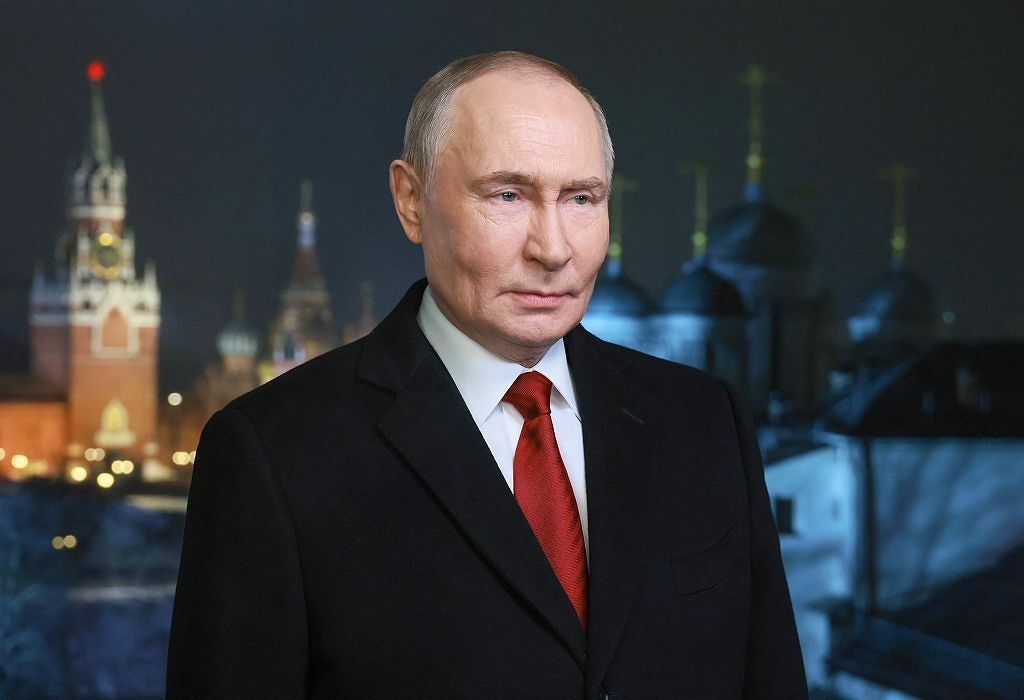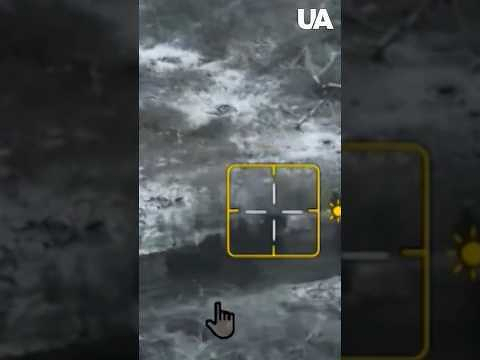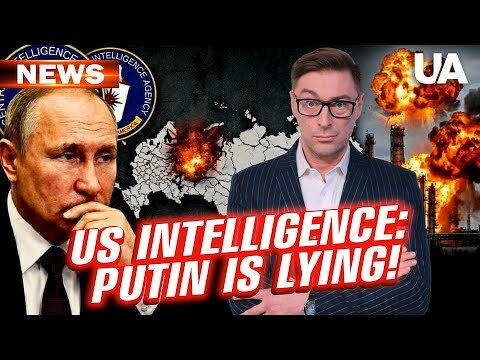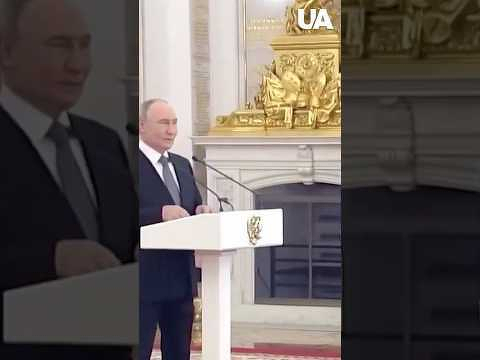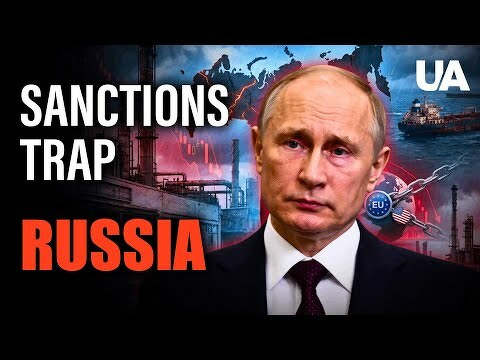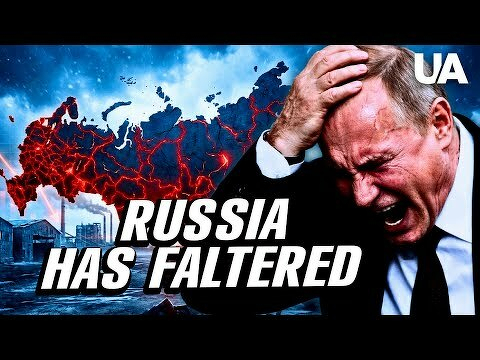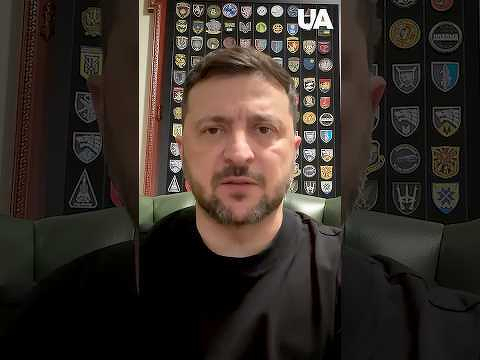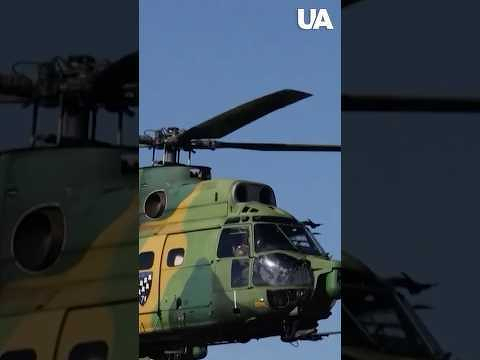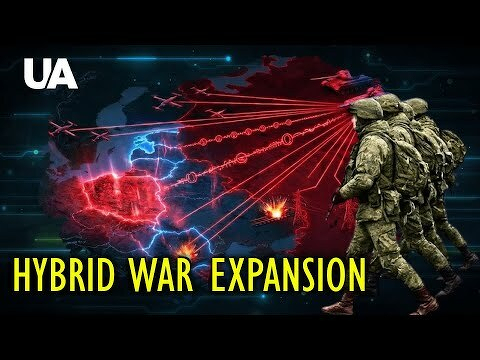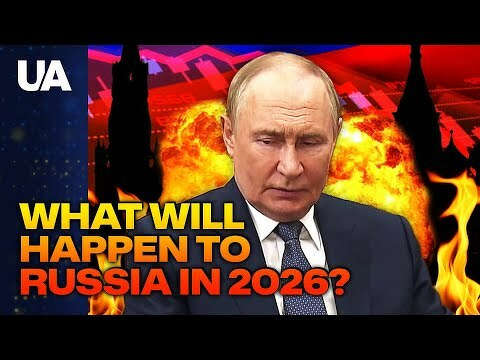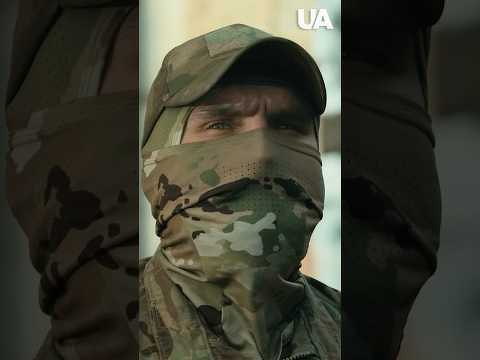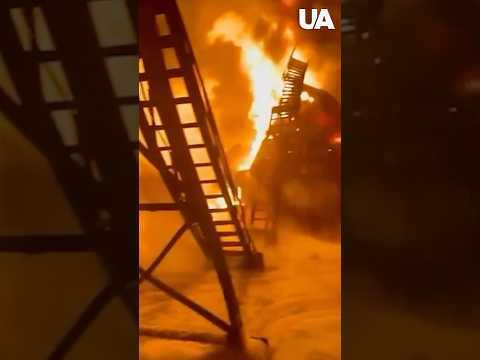Māris Cepurītis, Director of the Center for East European Policy Studies, forecasts heightened Russian hybrid activities in Europe during 2026. Unlike direct military confrontation, Russia will intensify repression domestically and seek to influence …
Reading

Spies, Lies, and Algorithms
Amy B. Zegart
Ukraine
Russia
Expert warns: what Russia is preparing in 2026 will not be a pleasant surprise for Europe
Ukraine
Russia
Photos
Russia captured over 4,300 square kilometers of Ukraine in 2025, DeepState reports
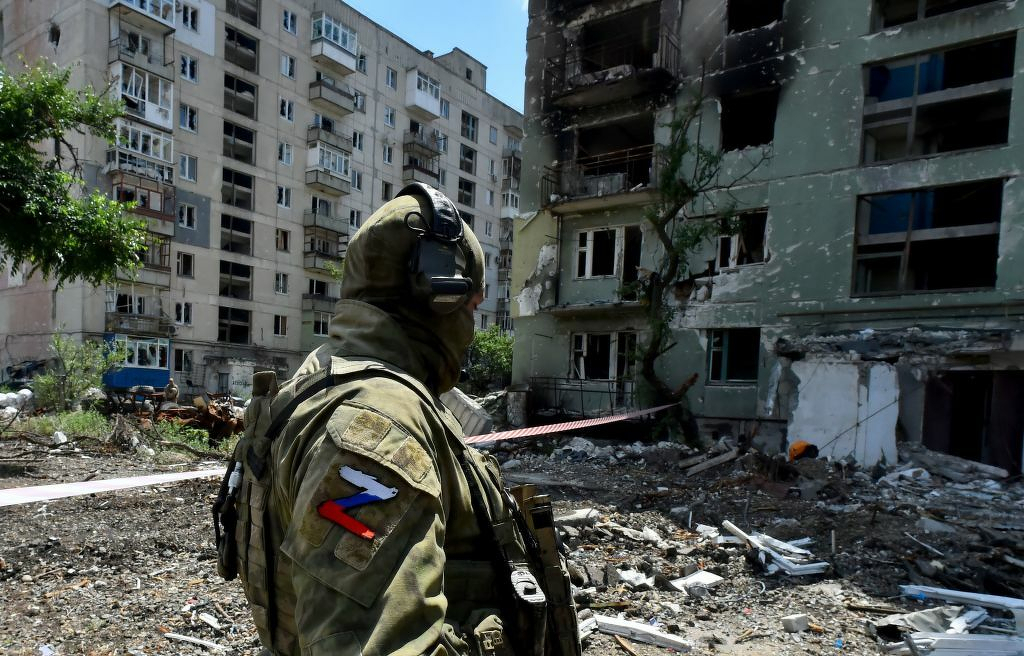
Russia
Photos
“Meat assaults” on buggies: Russia is trying at all costs to show something on the battlefield
Russia
Photos
"Blow" to VALDAI: CIA finds no EVIDENCE! Across Russia – "fireworks" at oil refineries
Russia
Photos
PUTIN acknowledges the DECLINE of the Russian economy for the FIRST TIME! #shorts
Russia
Photos
PUTIN is at war: the ARMY is the only PRIORITY – the people are in decline under SANCTIONS!
Russia
Photos
Lions injured, birds killed — Russian attack strikes eco-park near Kharkiv
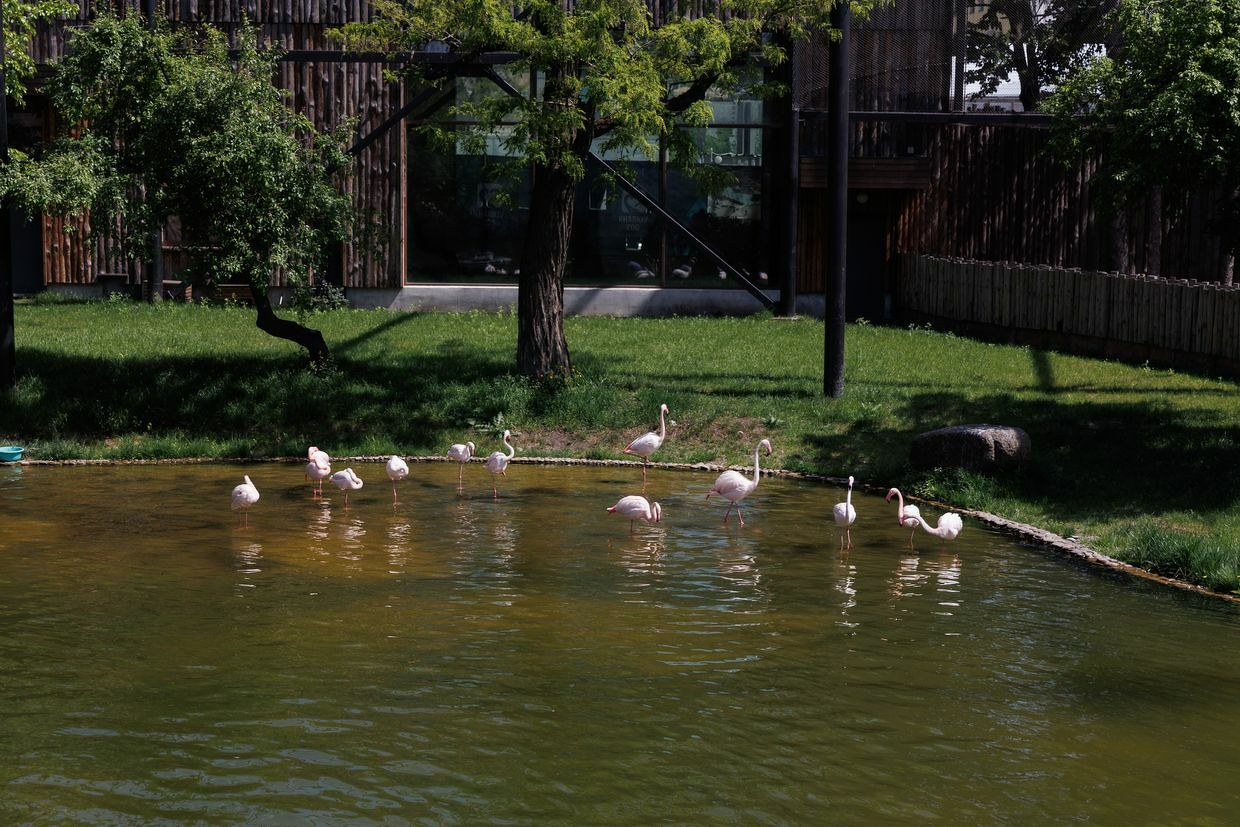
Russia
Photos
The DIU tricked the Russian special services... and made $500,000 off them #shorts
Russia
Photos
Russia enters 2026 exhausted: the war drags on, the economy is falling apart at the seams
Ukraine
Photos
Ukraine enters EU's single mobile roaming zone
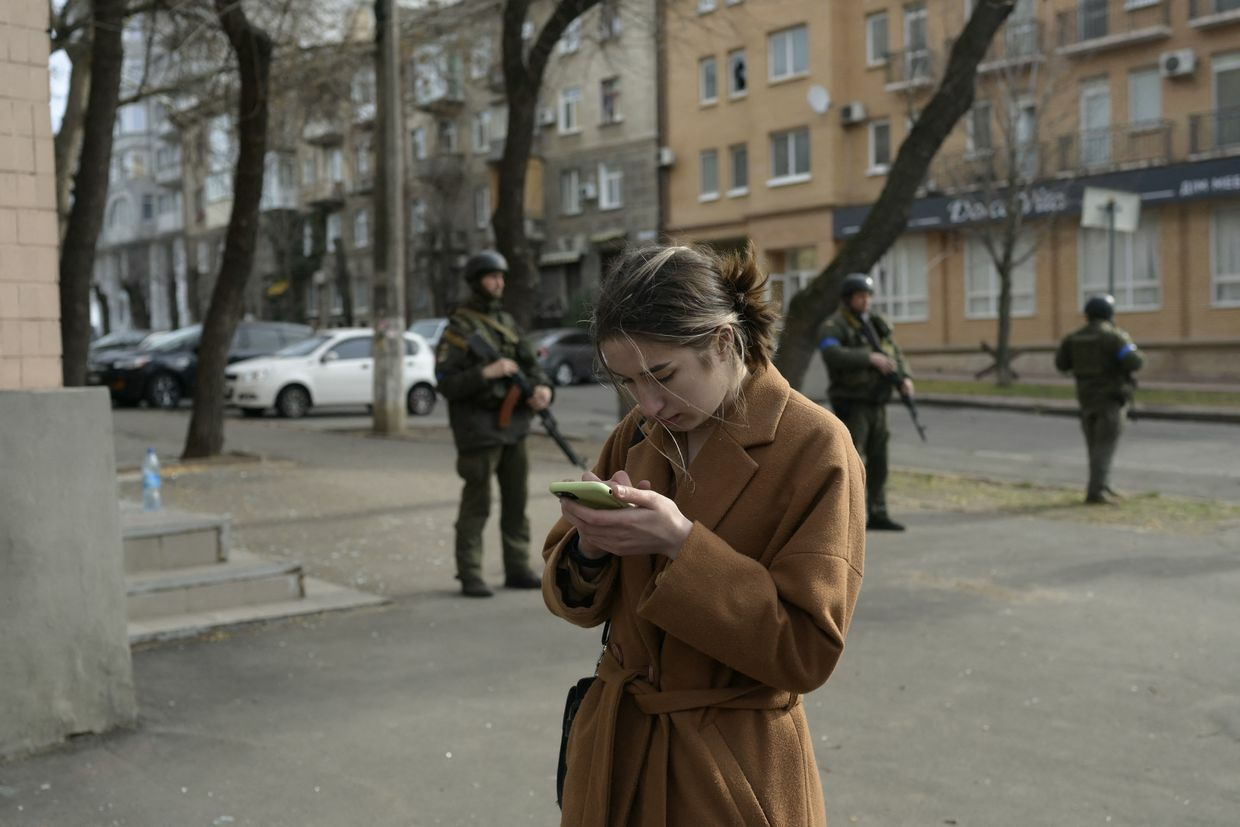
Ukraine
Photos
Ukraine deploys two additional Patriot air defense systems, Defense Ministry reports
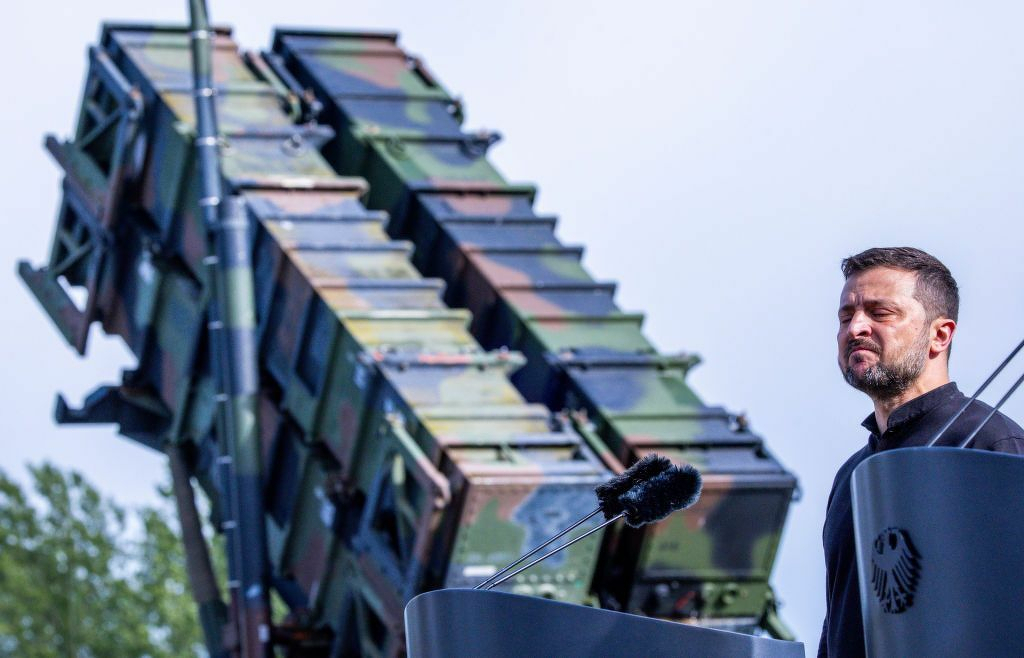
Ukraine
Photos
Finnish reservist on the first hours of the war in Ukraine: “Holy war” #shorts
Ukraine
Russia
Photos
'Welcome back to life' — Ukraine's HUR faked death of top anti-Putin Russian commander, claimed Kremlin bounty money

Ukraine
Russia
France and the UK prepare to join Ukraine peacekeeping mission as EU readies new Russia sanctions
France and the United Kingdom are ready to join an observer operation by “multinational forces” to help enforce a future peace agreement between Moscow and Kyiv, the newspaper Die Welt reported , citing European diplomatic sources.
According to the …
Ukraine
Russia
Photos
Putin's New Year speech lauds Russia's war, makes no mention of peace in Ukraine
